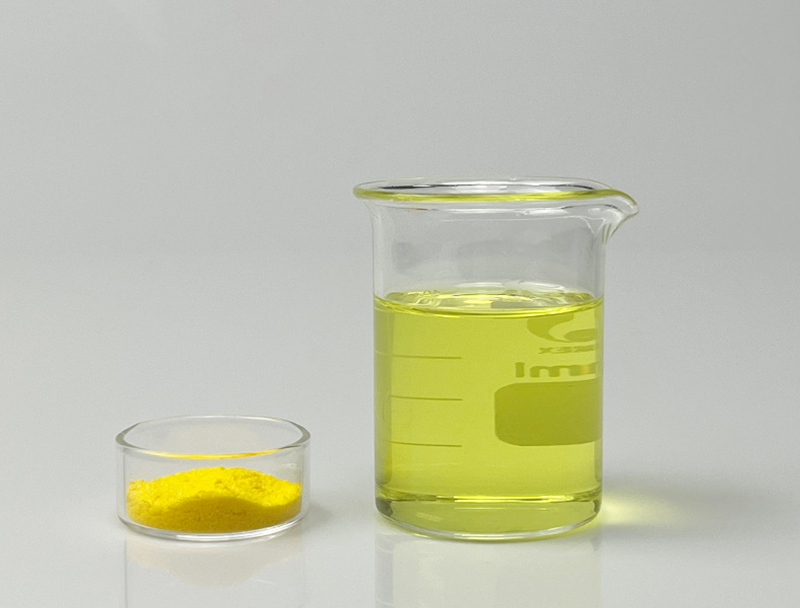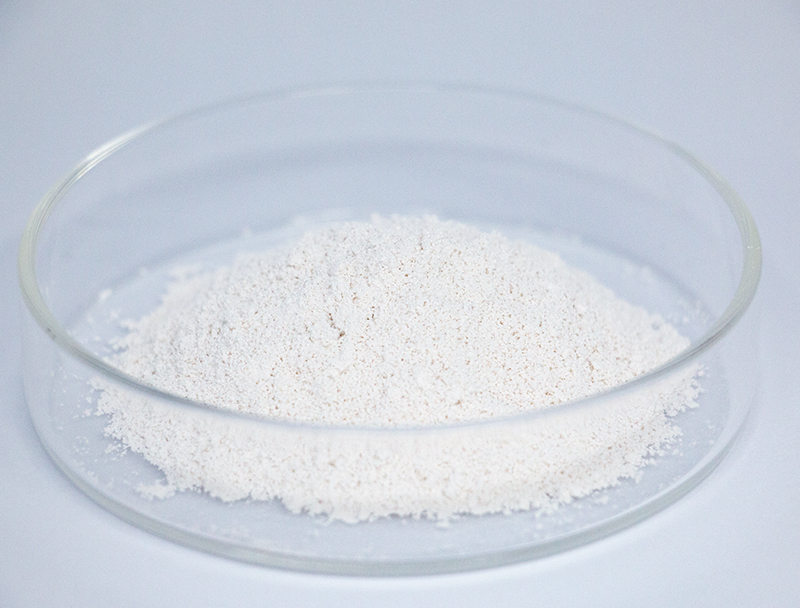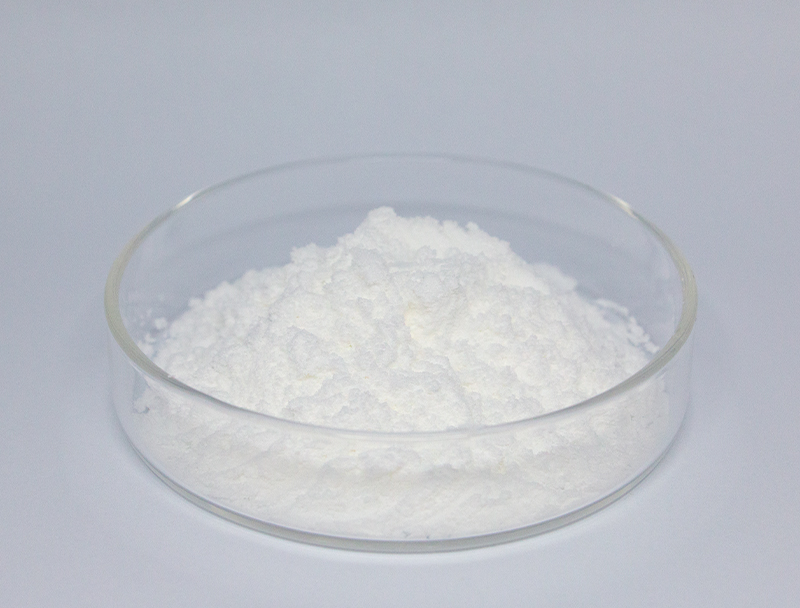
Biomanufacturing relies heavily on a broad palette of raw materials to manufacture advanced biological products.
Maintaining ethical acquisition of feedstocks remains essential to industry resilience and responsible expansion.
numerous problems stemming from established sourcing methods including carbon-intensive impacts and resource exhaustion. Accordingly, manufacturers should embrace green sourcing tactics to shrink their ecological impacts.
- Representations of ethical supply approaches are:
- Employing waste-stream inputs from industry leftovers
- Adopting looped production models to decrease loss and amplify reuse
- Partnering with local suppliers committed to ethical sourcing practices
Such a move to ethical procurement delivers ecological gains and commercial returns over time.
Upgrading Feedstock Traits for Better Biofuel Performance
Maximizing the efficiency of biofuel production relies heavily on the quality and composition of biomass feedstocks. Technologists actively pursue refinements to increase feedstock efficiency, delivering enhanced conversion and a more resilient energy mix. Tactics include molecular breeding to increase biomass and chemical or physical pretreatments to release sugars.
- Additionally, researchers are focusing on identifying new sources of biomass, such as algae, waste products, agricultural residues, to expand the range of sustainable feedstocks available for biofuel production.
- Because of continual endeavors biofuel technology is set to attain meaningful progress that supports renewable energy growth.

Enhanced Upstream Strategies for Biopharmaceutical Yield
comprises front-end procedures like culture expansion and cell retrieval Modern progress within the sector has contributed to more efficient processes and higher production.
Salient improvements involve specialized expression hosts, fine-tuned media strategies, and next-gen bioreactor concepts. The improvements increase output while decreasing cost structures and sustainability impacts.
- Additionally, a shift to integrated continuous operations is providing enhanced flexibility and responsiveness in production.
- Transitioning to refined production methods has the potential to overhaul the industry and expedite new treatments.

Innovations in Gene Editing for Improved Biopharmaceutical Yield
innovations in genome-editing toolsets have enhanced biopharmaceutical manufacturing. Through focused genomic edits within host strains, scientists increase expression of desired therapeutic proteins. The approach may facilitate scalable, low-cost therapeutic production for numerous diseases.
Microbial Solutions for Greener Bioremediation Practices
innovative solutions for sustainable bioremediation, a critical process for addressing environmental pollution. Specialized microbes can enzymatically degrade pollutants to reduced-toxicity products.. Harnessing microbe-based degradation fosters cleanup tactics that minimize environmental disruption and residual waste.. Research teams analyze microbial diversity to find candidates that metabolize heavy metals, break down pesticides, and treat oil-contaminated matrices.. Organisms may be utilized in controlled reactors or in place to accelerate contaminant decomposition through biodegradation..
Microbial remediation approaches present key benefits relative to classic remediation methods. This method provides a low-cost, low-waste alternative to conventional remediation. Moreover, microbes can be tailored to address specific pollutants with minimal impact on non-target organisms. Work in this area evolves rapidly to optimize the success rates and scalability of bioremediation solutions.
Data-Driven Approaches for Therapeutic Development
Bioinformatic tools play an increasingly crucial role in the modern landscape of drug discovery and development. By analyzing biological data to select and improve leads, computational methods support efficient drug development.
- By parsing huge omics and clinical databases, bioinformaticians detect targets and estimate therapeutic responses.
- Likewise, computational docking and dynamics help design molecules with improved target engagement and potency.
- Ultimately, informatics is transforming R&D and shortening timelines to deliver safe, efficacious therapies to patients.
Cell Factory Optimization for Higher Bioproduct Output
deploys several tactics to elevate cellular production of valuable biochemicals. Methods might combine targeted gene changes to rechannel flux, regulatory element design to control expression, and exogenous gene introduction to provide fresh capabilities.. By fine-tuning these processes, engineers can significantly increase the yield of desired bioproducts.
Such holistic engineering could impact many areas including medical therapeutics, agricultural outputs, and biofuel production.

Upscaling Biopharma: Obstacles and Potential Gains
Commercializing biopharma production involves significant constraints and promising benefits. Ensuring product consistency at larger manufacturing scales represents a major hurdle. Addressing it demands strong process governance, accurate real-time analytics, and advanced measurement systems.

Also challenging is the layered complexity of biomanufacturing encompassing numerous sequential steps.. Adapting protocols for industrial scale requires considerable development work and engineering advances.. Yet, the returns can be substantial. Efficient scale-up can amplify access to medicines, compress costs, and strengthen returns.
Several projects are designed to mitigate these scaling barriers. These include the development of new technologies for process optimization, advanced analytics for real-time monitoring and control, and innovative manufacturing strategies.
- Product development and process R&D are pivotal to boosting production capabilities.
- Regulators are adapting frameworks to speed authorization of novel manufacturing approaches and spur innovation.
Charting Regulatory Pathways for Biologics to Safeguard Patients
Producing biopharmaceuticals demands comprehensive oversight to guarantee safety and L-Carnosine clinical effectiveness. Therapies derived from biological organisms carry special considerations not typical of conventional pharmaceuticals.
Regulatory authorities including FDA and EMA are central to creating criteria and processes for approving innovative biologics..
Robust assay and safety testing are obligatory from discovery through post-marketing surveillance.. These controls function to identify dangers and ensure biopharmaceuticals achieve premier safety standards..
Similarly, regulators iteratively adjust approaches to accommodate emerging biopharmaceutical breakthroughs.. Measures involve adopting innovative technologies and enabling development acceleration without compromising patient welfare.

Assessing Plant Biomass Pathways for Bioplastic Innovation
The trend toward sustainability stimulates development of renewable material technologies. Converting plant biomass into bioplastics offers a credible pathway to environmentally sound products. Biomass sources such as cornstarch, cellulose, and sugarcane are usable to produce plastics that biodegrade and reduce ecological impact.
Moreover, bioplastics can mirror key properties of fossil-derived plastics and fit diverse application needs.. Further innovation is required to mature plant-based bioplastics for broad adoption and circular economic models.
Biotechnology Driving Advances in Health and Agricultural Stability
Biotechnology offers potent solutions for advancing public health and enhancing food security. Through advancements in genetic engineering, synthetic biology, and cell therapies, biotechnologists are developing innovative solutions to combat infectious diseases, improve crop yields, and enhance nutritional value.. To illustrate, modified plants designed for pest resilience and environmental tolerance can raise outputs and reduce pesticide application.. In addition, the field produces vaccines, treatments, and diagnostic tools that are central to fighting infections and improving health worldwide.. As research progresses, biotechnology holds immense promise for creating a healthier and more sustainable future for all.
